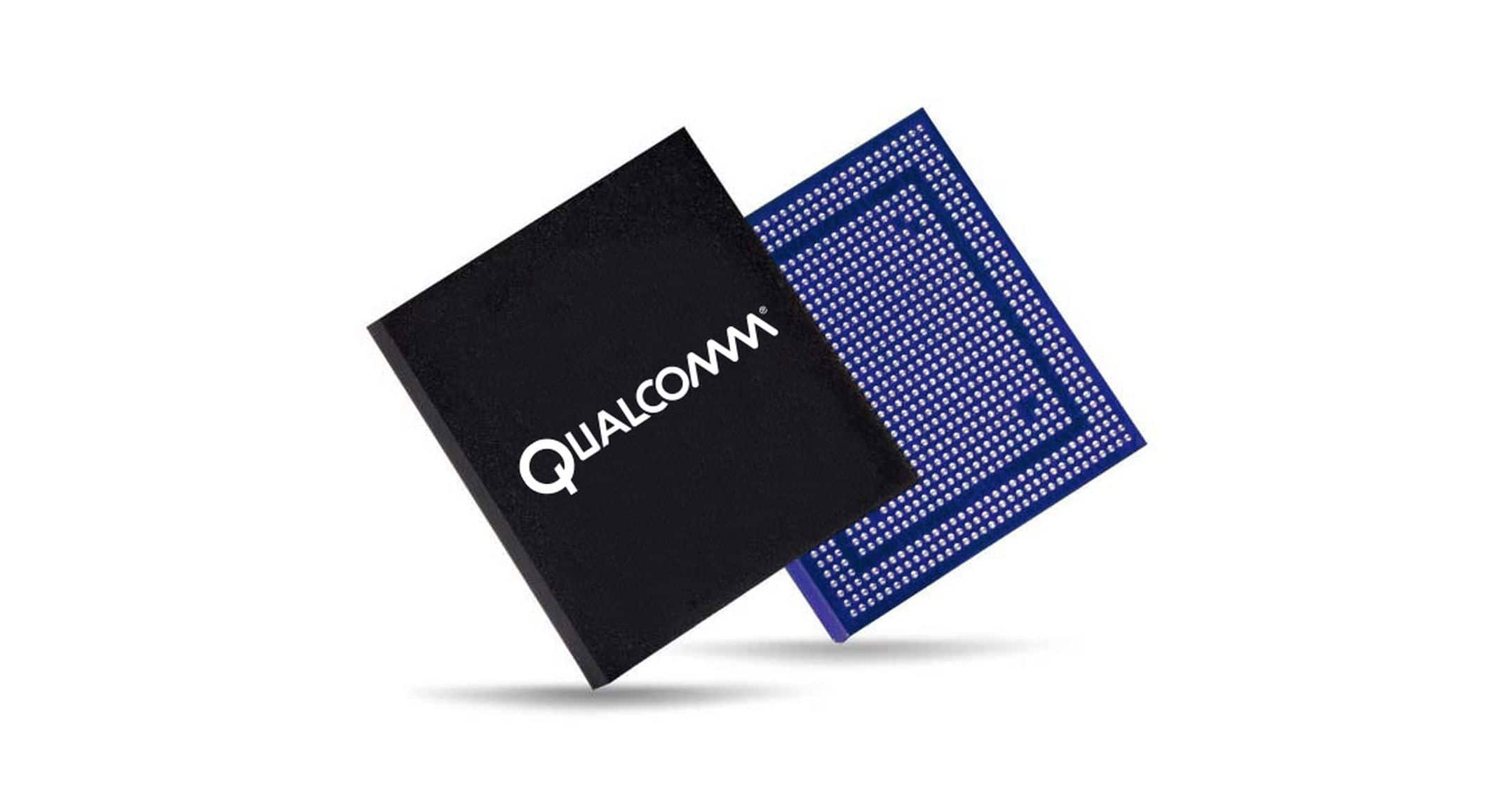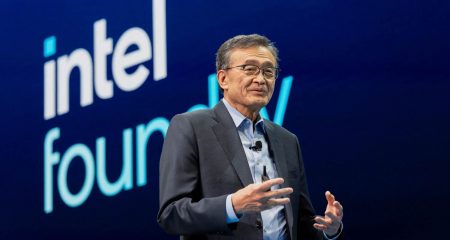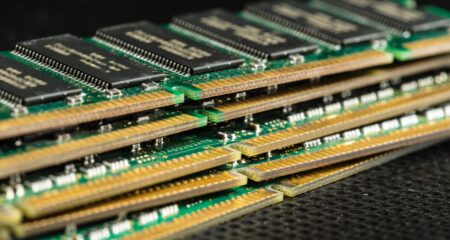
Qualcomm is taking another stab at breaking into the market for PC with a range of new devices it says will stay connected and run all day on one battery charge.
The world’s largest mobile-phone chip maker showed off laptops from Asustek and HP using Microsoft’s Windows software at an event on Tuesday in Maui, Hawaii. The slim machines will have wireless connections via mobile phone chips that ensure they’re always receiving data and sip battery power in a way that enables them to go days between charges, Qualcomm said.
Convincing consumers that they’re getting something new that isn’t available already in PCs will be key to breaking Intel’s hold on a market where more than 90% of laptops ship with its processors. Qualcomm argues that smartphone processors are now powerful enough to run computers that cover the vast majority of most users’ daily needs and provide advantages over devices that use Intel chips.
“We’re not trying to create a PC that basically is designed to compare with what the PC is today,” said Cristiano Amon, the head of Qualcomm’s chip business. “What we’re thinking is how can we make the PC more like a smartphone.”
The PC push is one of several initiatives from CEO Steve Mollenkopf that aim to parlay Qualcomm’s dominance in mobile into other areas. San Diego-based Qualcomm this year started offering server processors and is aiming to expand into the growing market for chips used in vehicles through a pending US$47bn purchase of NXP Semiconductors.
Those efforts may struggle to move forward if Broadcom’s attempt to acquire Qualcomm succeeds. Broadcom chief Hock Tan, who has led his company’s central role in industry-wide consolidation, has quickly improved profitability in his targets by cutting projects that aren’t related to their main businesses. Broadcom has offered $105bn for Qualcomm in an approach that so far Qualcomm has spurned.
Common pain points
With the new laptops, Qualcomm is seeking to address common pain points for computer users, including unreliable Wi-Fi connections, complicated logins and expensive data access at hotels and other public places. A laptop with a cellular connection should be able to get fast data over the latest modem and remain connected anywhere a phone works, Qualcomm said. It’s enlisting phone service providers such as Sprint to help promote the products. The Asus machine will go on sale for $599 and be capable of going 30 days on standby between charges, its CEO, Jerry Shen, said at the Qualcomm event.
Qualcomm says computers based on its chips could get more than 25 hours of normal use from one charge. Similar machines running on rivals chips — Advanced Micro Devices is the only other supplier of microprocessors — ran out of juice after about seven hours in tests, Qualcomm said.

For Microsoft, which has tailored software to make sure that regular PC programs will work on the new chips, the initiative is a renewed attempt to get Windows into the mobile space traditionally served by tablets and phones. Its previous attempt failed due to poor performance of the tablets and lack of software and hardware options. Qualcomm was one of the companies that provided chips in the effort that petered out in 2013 amid disappointing sales.
Intel countered that the idea of giving a laptop a cellular connection is far from new and there are already plenty of those machines on sale.
“An always-connected PC needs to be first and foremost a great PC — one that delivers a seamless experience in all of the areas consumers and businesses care about,” Intel said in a statement. “We’ve been delivering always connected PCs for years and remain laser focused on offering the latest technology that will bring value to consumers.” — Reported by Ian King, (c) 2017 Bloomberg LP




